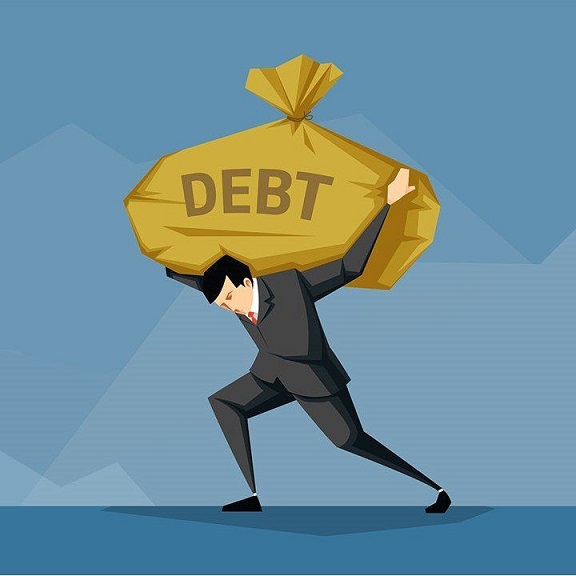Tips for bankrupts and bankruptcy in 2021

Considering the state of the UK economy, it should come as no great surprise if there’s an increase in the number of bankrupts and bankruptcy procedures in 2021.
In the vast majority of cases, the main causes of bankruptcy are:
- Loan defaults
- Unemployment
- Business failures
- A downward trend in the economy
If you have significant assets it’s probably not in your interest to declare yourself bankrupt. Instead, make some form of arrangement with your creditors, possibly an individual voluntary arrangement (IVA).
But if you have no assets and lots of debts, bankruptcy is a no-brainer because most of your debts will be dissolved. You can apply for bankruptcy on the government’s website at a cost of £680.
A trustee (licenced insolvency practitioner / IP) will be appointed after the bankruptcy order has been made. Your trustee will:
- Facilitate the procedure
- Take possession of any assets you have
- Convert assets into cash to pay your creditors
Bankruptcy as a crime
Bankruptcy used to be a criminal offence in England, which explains why the procedure has so many negative connotations. In fact, between 1706 and 1811 any bankrupt found guilty of trying to hide their assets faced the death penalty.
Obviously, much has changed since then. The stigma associated with bankruptcy reduced considerably following the introduction of legislation in favour of bankrupts. In 2002, Tony Blair’s government updated bankruptcy procedures as part of the Enterprise Act.
The idea was to encourage a culture of entrepreneurialism by acknowledging the driving force behind the economy are:
- SME owners
- Entrepreneurs
- The self-employed
Before 2002 it took 3 years to be discharged from bankruptcy. Additionally, the procedure stayed on your credit file for 11 years. However, since the introduction of the Enterprise Act:
- Bankrupts are discharged after 1 year
- The length of time bankruptcy remains on a credit file has reduced to 6 years
Some bankrupts keep their home and other assets
Now, a bankrupt may still retain certain assets. Simply agree with your trustee an amount you’re going to pay into the bankruptcy estate in lieu of the assets you want to keep.
You can keep your home if you’re bankrupt. And you won’t have to vacate immediately if you lose possession. You’ll be in the property for at least 12 months before a trustee can take action to take possession.
A property with negative equity is unlikely to concern your trustee. But they’ll want to realise your interest in any assets with a net value greater than £5,000.
For example, a trustee will probably want to realise your share of the marital home or any property owned with a spouse or partner that has more than £5,000 in equity.
Understanding the winding up petition: A crucial tool
In the world of insolvency, a winding up petition holds significant importance. When a company has received a statutory demand (SD) and fails to raise…
Read MoreUrgent Call to Action: Have You Invested in Beech Holdings (Manchester) Ltd?
If you or anyone you know has invested in Beech Holdings (Manchester) Ltd, it’s time to take action immediately and get in touch. The Situation…
Read MoreBankruptcy Annulment: A Fresh Start for Financial Recovery
Bankruptcy is often viewed as a last resort for individuals overwhelmed by debt, offering a path to financial relief but also leaving a significant mark…
Read MoreCastle Trust and Management Services Ltd- The Big Problem for the Gibraltar Financial Services Commission
The collapse of Castle Trust and Management Services Ltd (CTMS) has raised serious questions aboutthe role and effectiveness of the Gibraltar Financial Services Commission (GFSC)…
Read More



